By_Suraj Karowa/ ANW
Washington, October 24, 2025

– In a move that’s stoking fears of broader confrontation in Latin America, the US military dispatched a pair of supersonic B-1 Lancer bombers perilously close to Venezuela’s coastline on Thursday, flight tracking data reveals. The heavy bombers, capable of hauling the largest bomb payload in America’s arsenal, soared from Dyess Air Force Base in Texas, slicing through the Caribbean before hugging the South American nation’s shores. This comes just over a week after a similar sortie by slower B-52 Stratofortress bombers, joined by stealthy F-35B fighters from Puerto Rico, in what the Pentagon dubbed a “bomber attack demo.”
A US official, speaking anonymously due to the sensitivity of the operations, confirmed the B-1 flight as routine training. Yet, against the backdrop of an unprecedented US naval buildup in the region—eight warships, P-8 patrol planes, MQ-9 Reaper drones, an F-35 squadron, and even a lurking submarine—the maneuver feels anything but ordinary. Speculation is rife that President Donald Trump, back in the White House, is signaling readiness to oust Venezuelan strongman Nicolás Maduro, who’s indicted in the US on narcoterrorism charges. Maduro’s regime, crippled by sanctions and economic collapse, has long been accused of abetting drug cartels funneling cocaine north.
Trump, when pressed on the flight during a White House briefing, brushed it off: “It’s false, but we’re not happy with Venezuela for a lot of reasons. Drugs being one of them.” His words carry weight amid a escalating “war on narco-terror,” launched in early September. US forces have unleashed lethal strikes on suspected trafficking vessels off Venezuela’s coast, with Defense Secretary Pete Hegseth announcing the ninth such operation Wednesday. That raid, in the eastern Pacific, claimed three lives; a prior one Tuesday killed two more, pushing the toll to at least 37 since the campaign began.
The strikes mark a bold expansion of Trump’s anti-drug crusade, shifting from Caribbean interdictions to Pacific pursuits. Hegseth, a Fox News veteran turned hawkish cabinet pick, likened the effort to the post-9/11 hunt for al-Qaeda. “Our message to these foreign terrorist organizations is we will treat you like we have treated al-Qaeda,” he declared Thursday.
“We will find you, we will map your networks, we will hunt you down, and we will kill you.” Trump echoed the resolve, asserting “legal authority” for sea strikes and hinting at land incursions. “We will hit them very hard when they come in by land,” he told reporters in the Oval Office. “We’re totally prepared to do that. And we’ll probably go back to Congress and explain exactly what we’re doing when we come to the land.”
Critics decry the operations as escalatory, blurring lines between counter-narcotics and regime change. Human rights groups report civilian casualties among the dead, including fishermen misidentified as smugglers. Venezuela’s government, branding the flights “imperialist provocations,” rallied supporters in Caracas, with Maduro vowing “asymmetric responses.” Regional allies like Cuba and Russia have condemned the US posture, while Brazil’s new leftist leadership urges dialogue.
This isn’t isolated saber-rattling. Trump’s second term has seen a flurry of hardline foreign policy resets: ending trade talks with Canada over a controversial Ronald Reagan ad deemed “egregious,” reacting coolly to Vladimir Putin’s Tomahawk threats over oil sanctions (“Will see in 6 months”), and doubling down on H-1B visa fees to $100,000 amid fraud crackdowns. Domestically, a government shutdown looms, prompting a mysterious $130 million donation from a Trump “friend”—speculated to be Elon Musk or Jared Isaacman—to cover troop paychecks. Even the NBA gambling scandal now ties back to the administration, with analysts alleging arrests stem from a “revenge plot” linked to protests.
Amid these global whirlwinds, lighter domestic debates offer a breather—or distraction. In Bengaluru, India, endocrinologist Dr. Suma Uday is demystifying one of wellness culture’s hottest controversies: cow’s milk in the daily diet. Speaking to Hindustan Times Lifestyle, the Narayana Health senior consultant, who splits time with Birmingham Children’s Hospital in the UK, tackled rampant myths head-on.
“Milk should be part of the diet as milk has calcium, which is required for strong bones,” Dr. Uday affirmed, countering vegan evangelists who paint dairy as villainous. But caveats abound: Unfortified milk lacks meaningful vitamin D, a common misconception. “People often think milk has vitamin D, but this is not true. Unless milk is fortified… there is very little to no vitamin D in milk.” For the lactose-intolerant or those with cow’s milk protein allergies, avoidance is wise—though allergies affect just 2-3% of kids, per global data.
On plant-based alternatives like oat, almond, or soy milks, Dr. Uday was blunt: “There is no medical indication to add a vegan alternative milk into the diet unless it is for personal preference.” Her stance aligns with a January 2025 Food Research International study led by Professor Marianne Nissen Lund, which found plant milks often nutritionally inferior—lower in protein, calcium, and B vitamins unless fortified.
“We definitely need to consume more plant-based foods,” Lund noted. “But if you’re looking for proper nutrition and believe that plant-based drinks can replace cow’s milk, you’d be mistaken.” Dr. Uday added nuance: Soy milk edges out rice or oat varieties in protein, but none match dairy’s bone-building prowess for most.
The milk melee mirrors broader nutritional polarization. A2 milk—touted for easier digestion due to its beta-casein variant—gains traction, but Dr. Uday stresses evidence is thin for widespread superiority. “The nutritional value of the milk depends on the source,” she said, urging fortified options and balanced diets over trendy swaps.
Back in geopolitics, as B-1s thunder overhead and strikes ripple across oceans, the Venezuela saga underscores Trump’s unyielding worldview: America first, threats neutralized. Whether this deters cartels or ignites a proxy war remains unclear. For now, the Caribbean simmers, a powder keg where drug routes meet superpower egos. In quieter corners like Bengaluru kitchens, debates over milk remind us: Even everyday choices stir fierce divides.
Discover more from AMERICA NEWS WORLD
Subscribe to get the latest posts sent to your email.
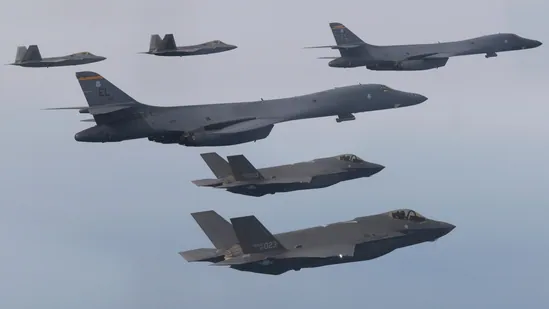
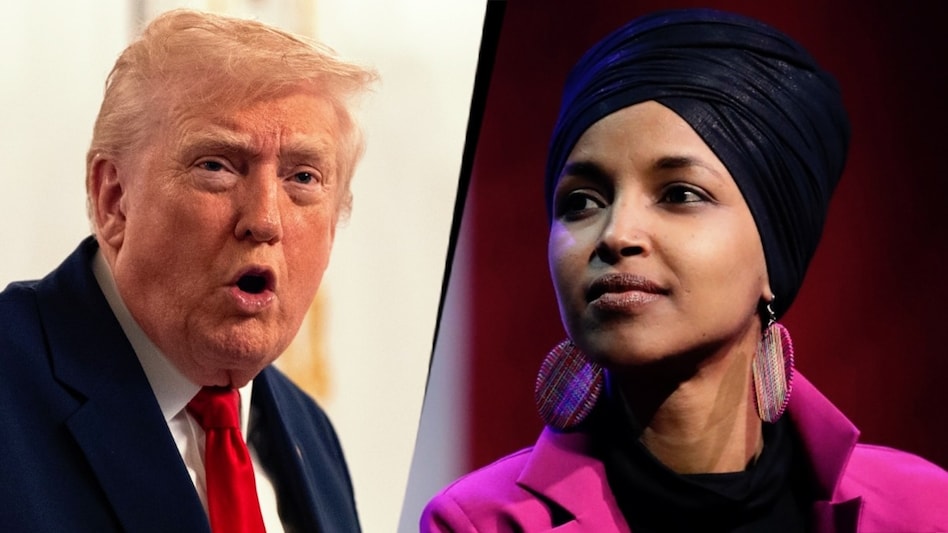
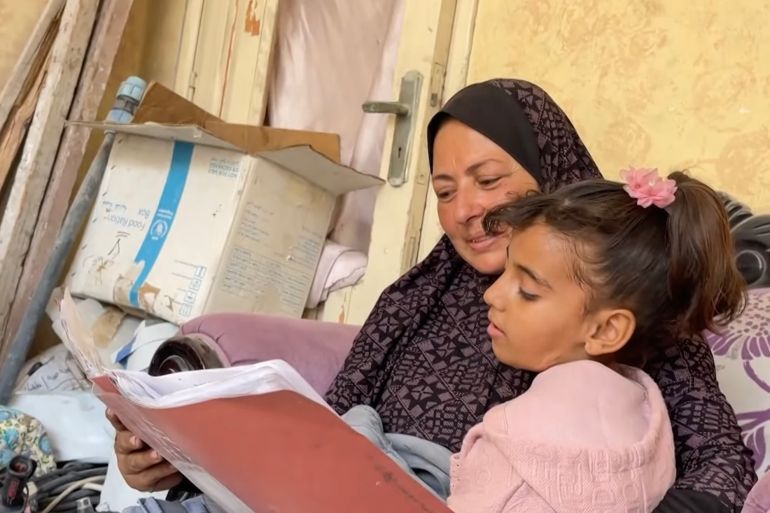
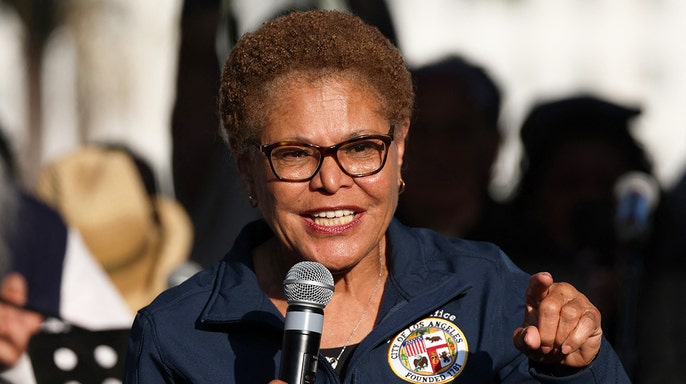

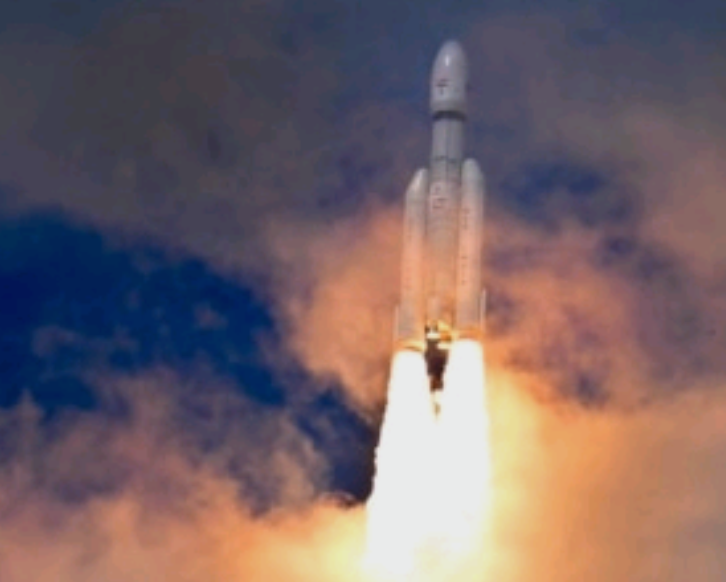

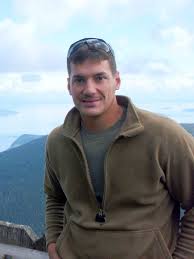

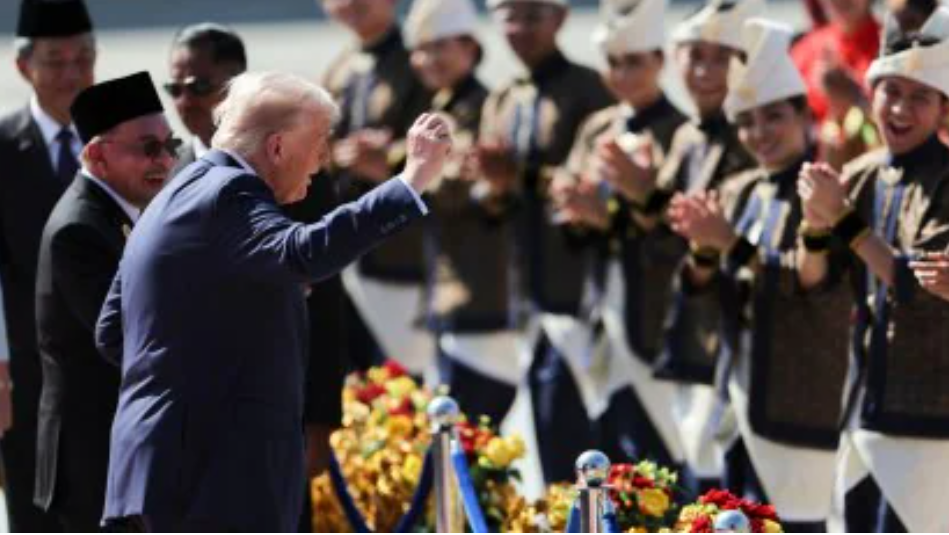
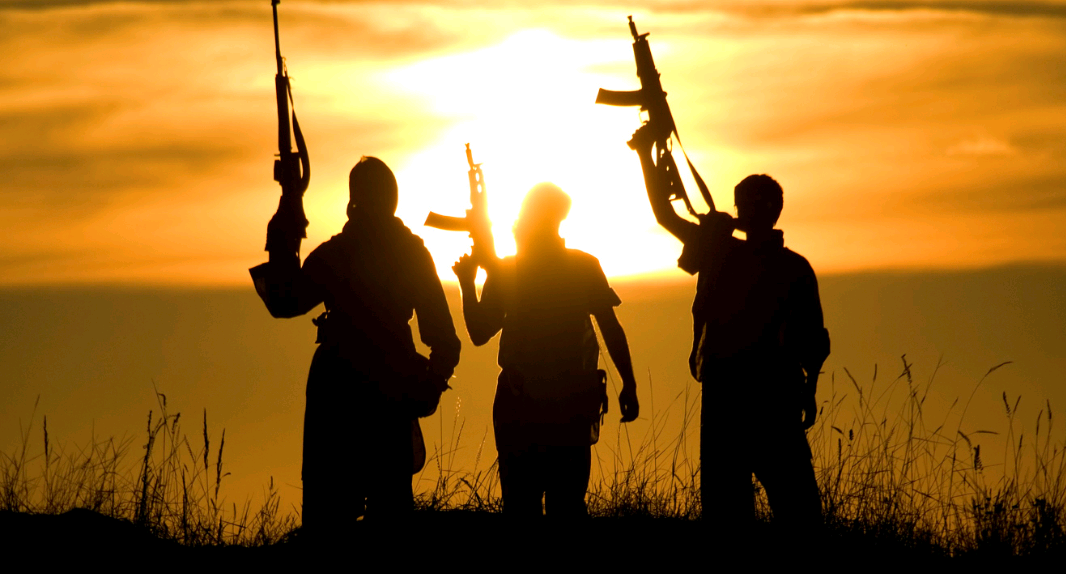
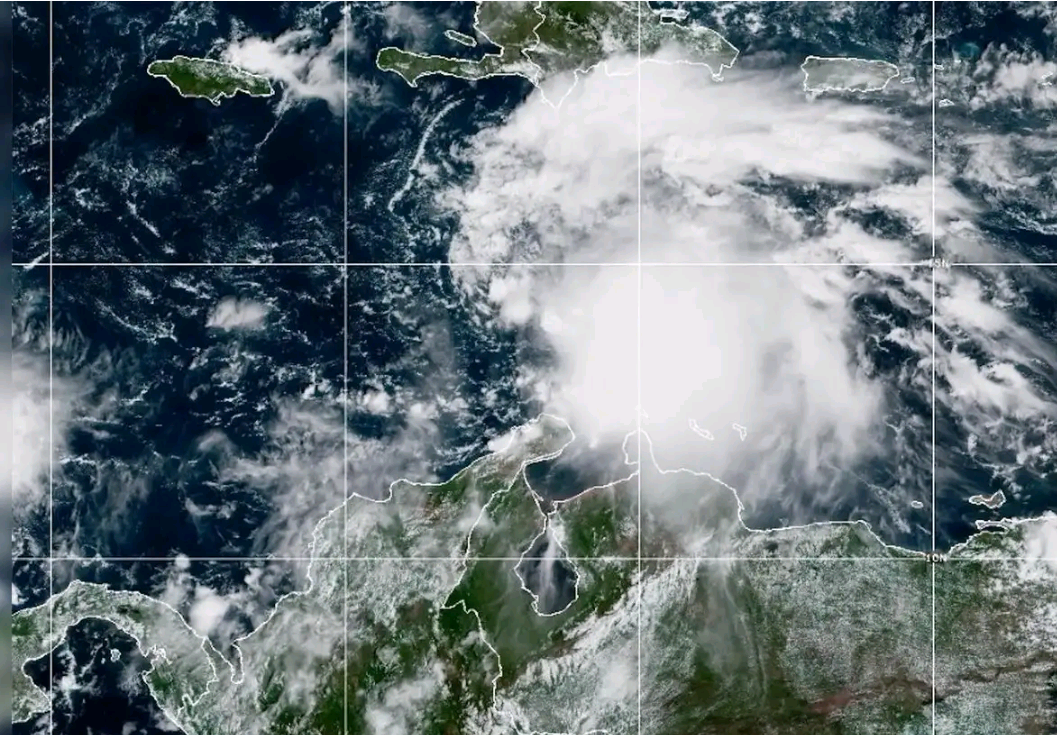

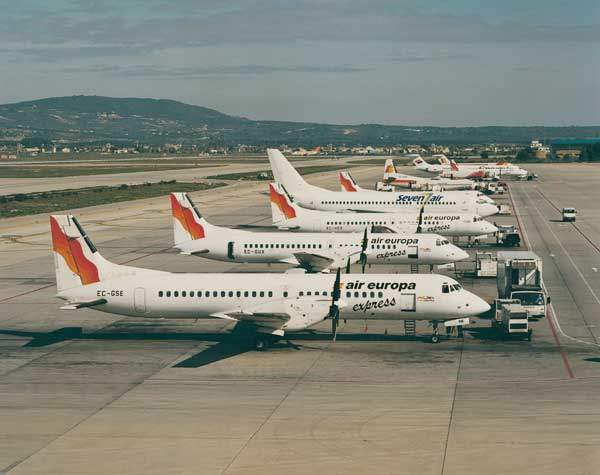


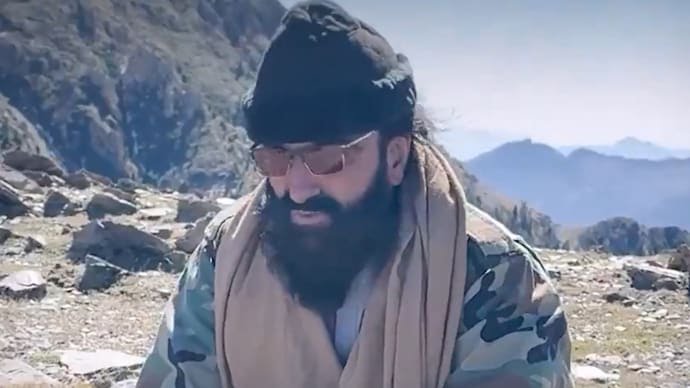
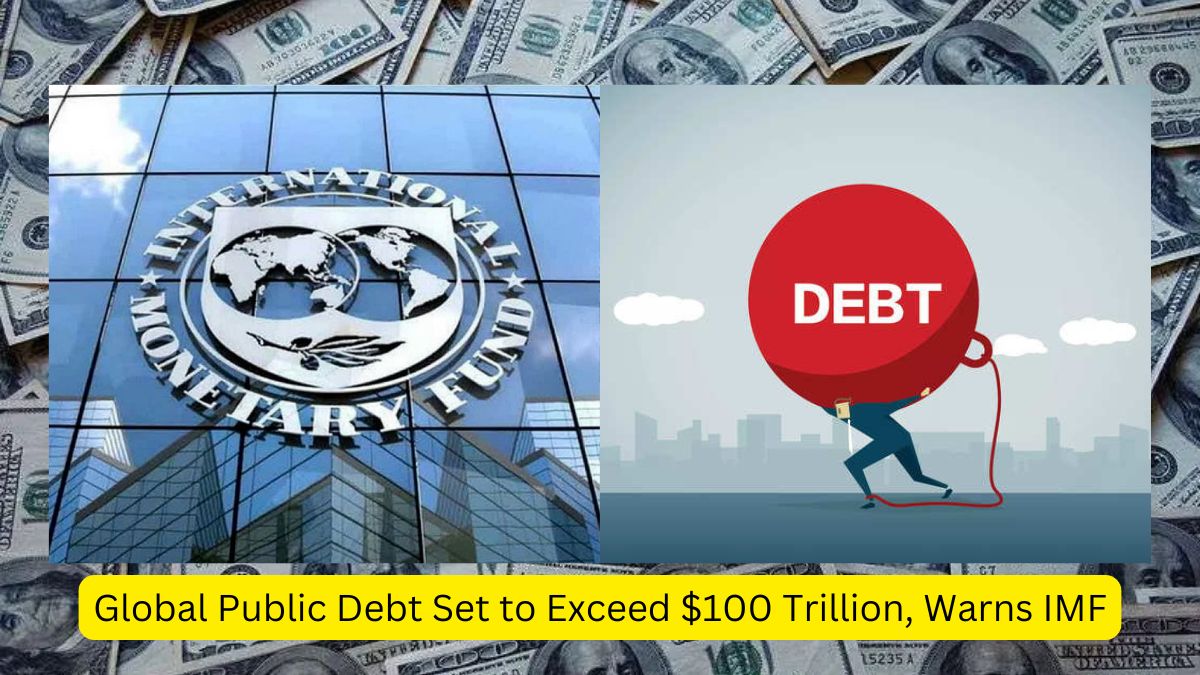

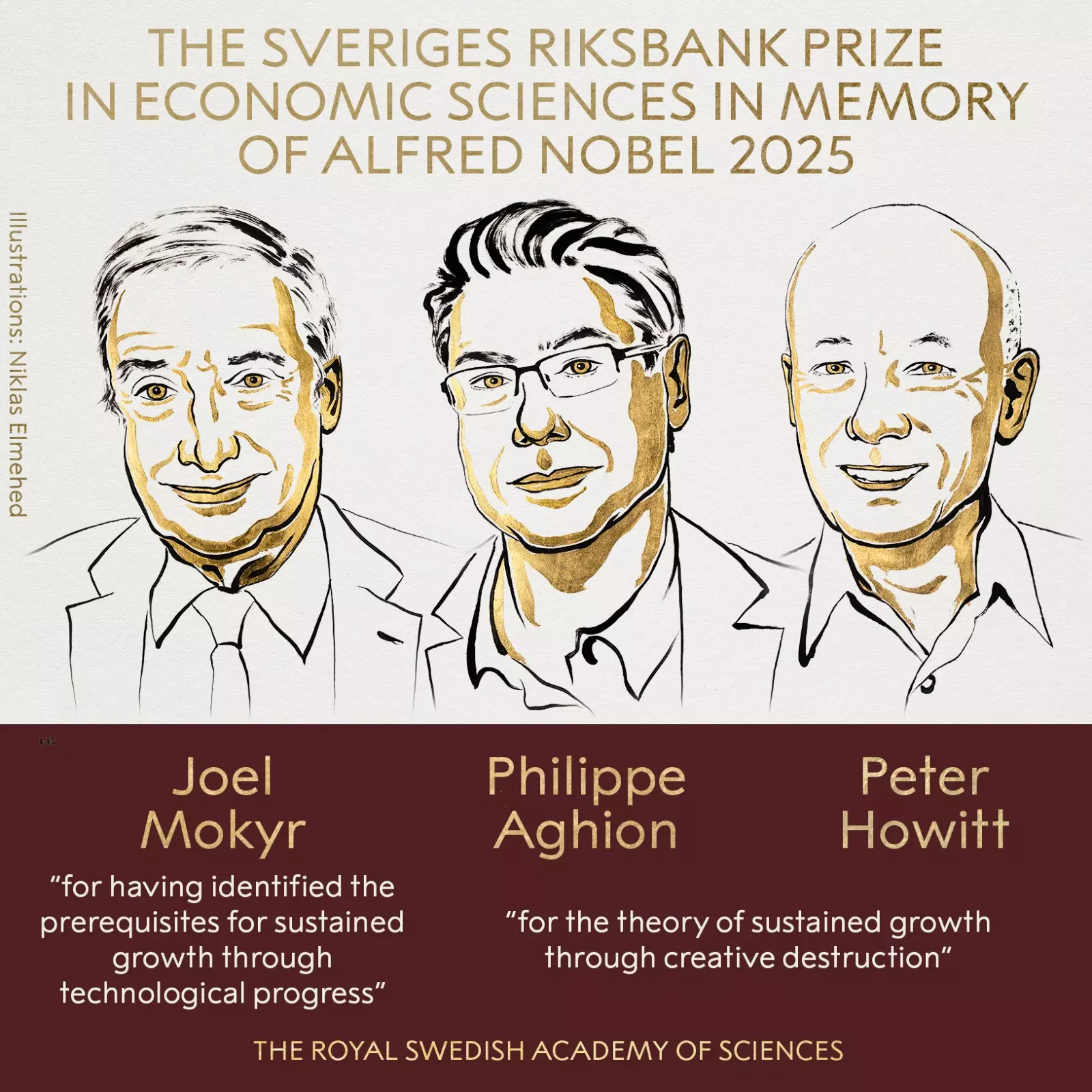
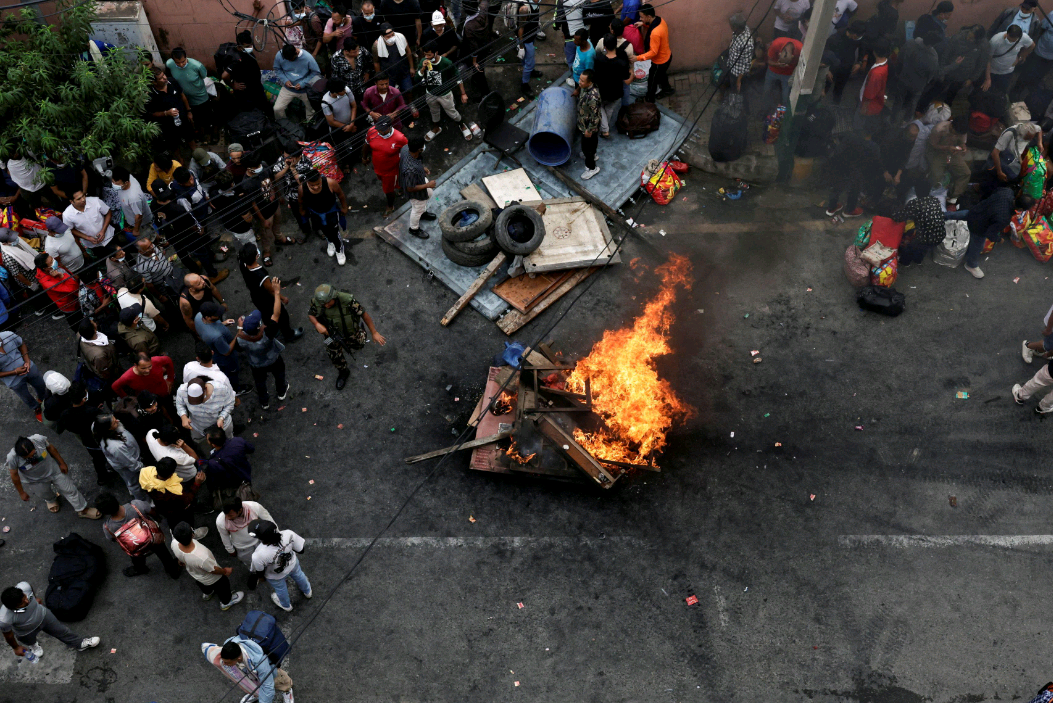
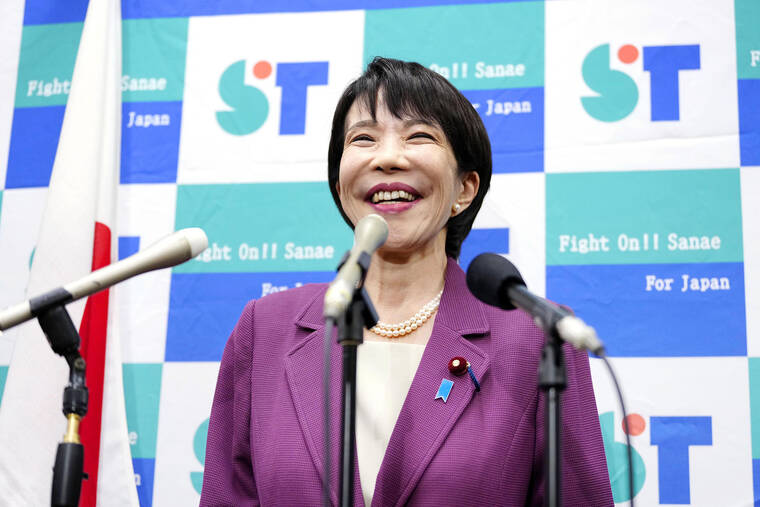
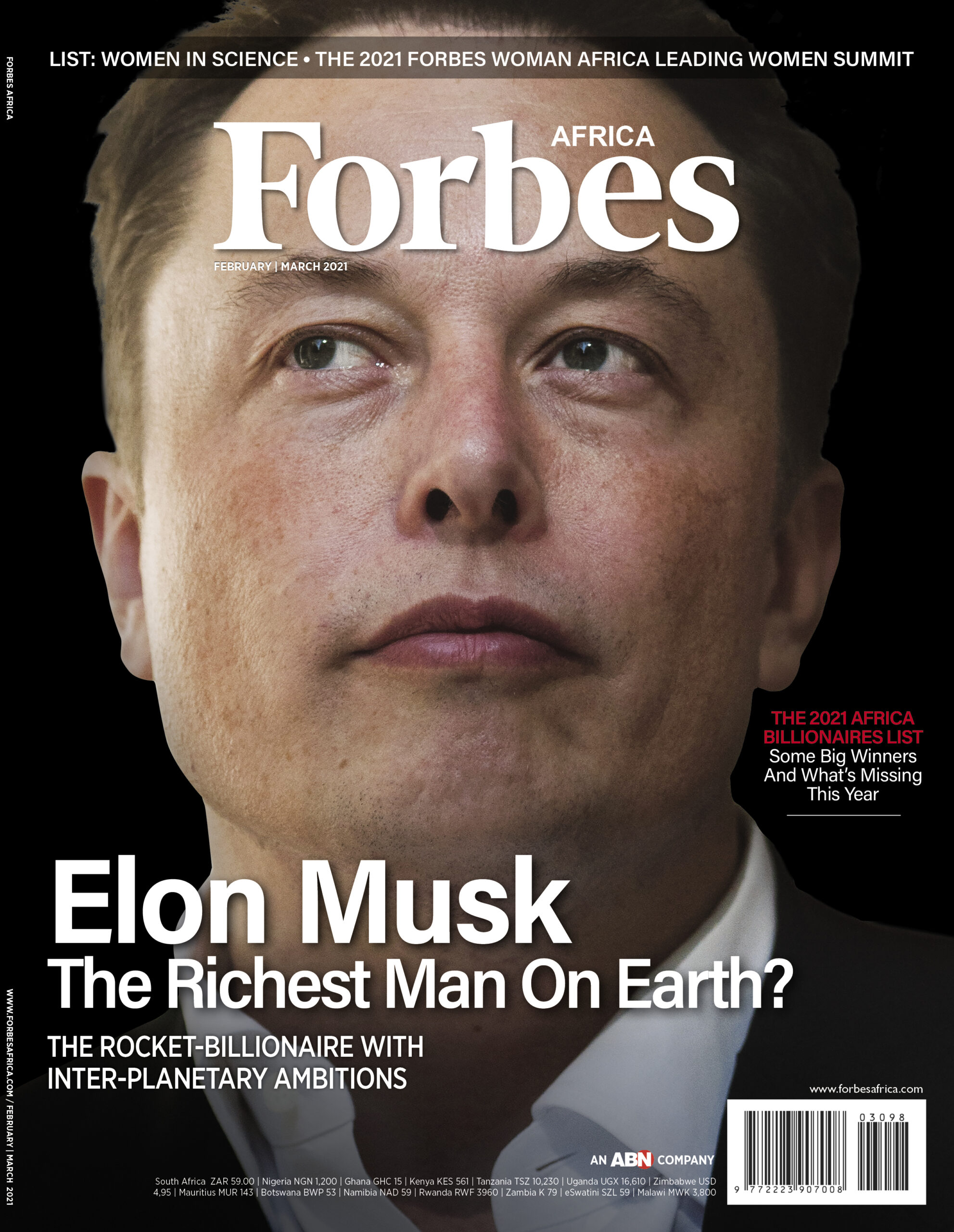
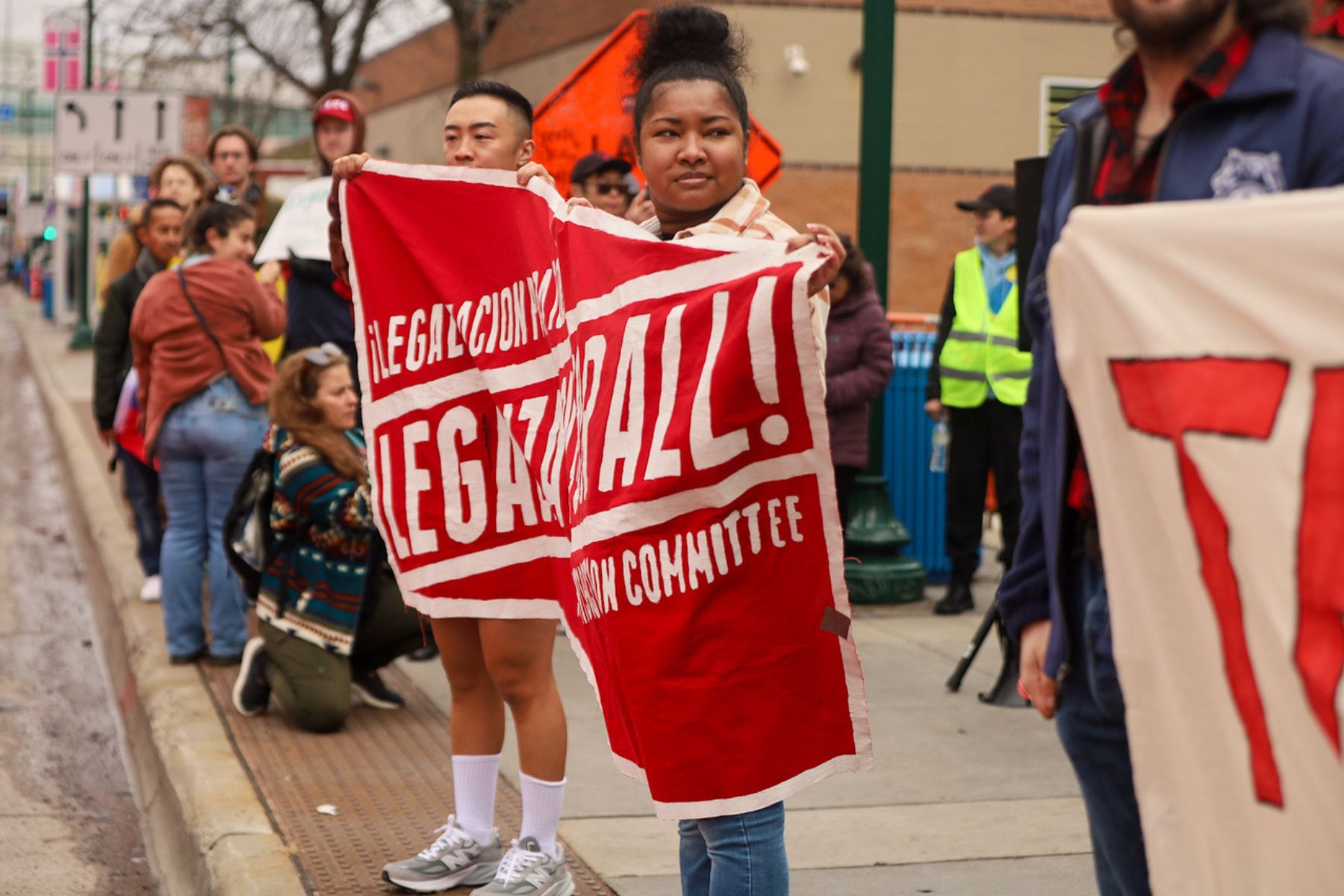
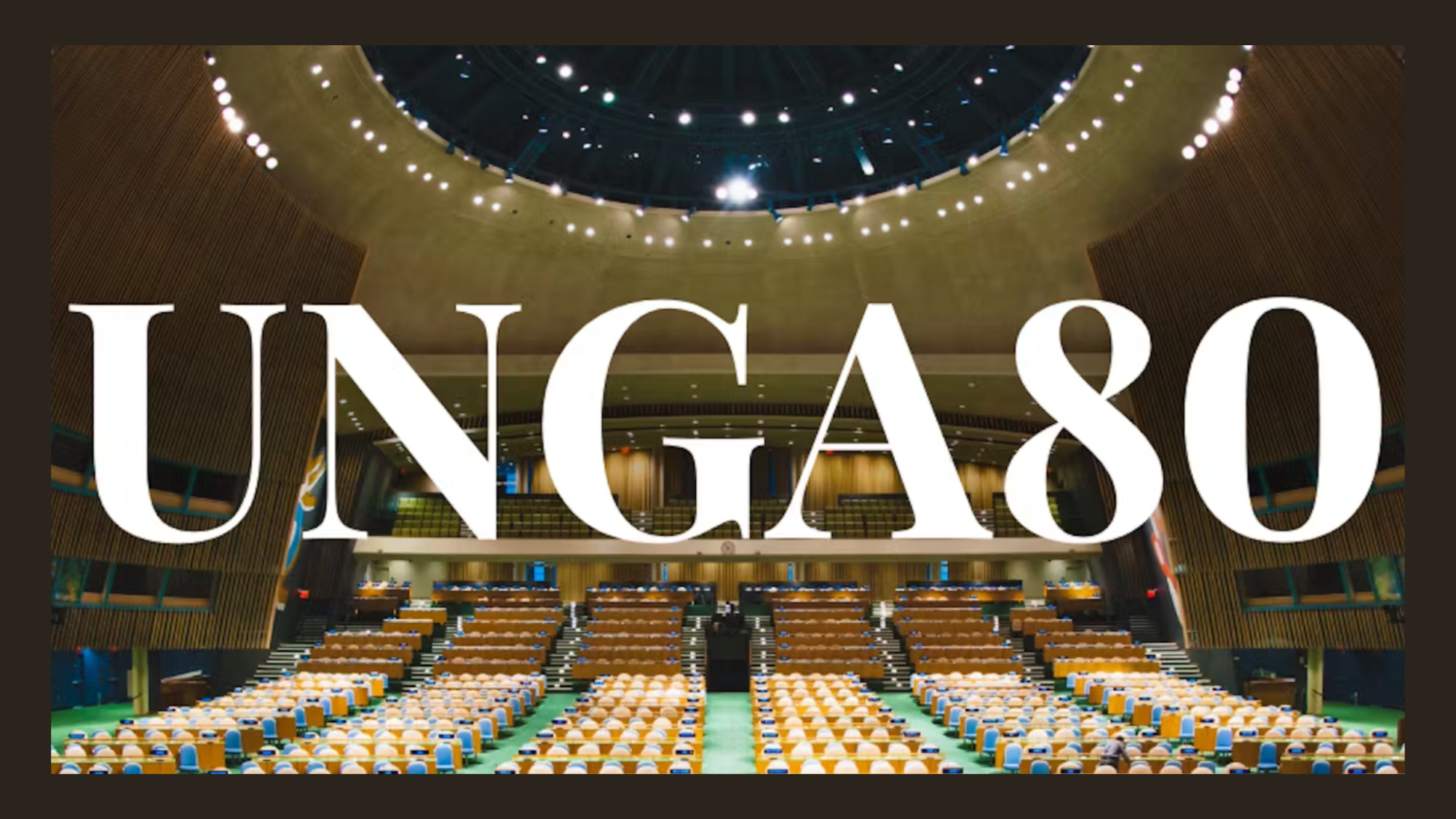



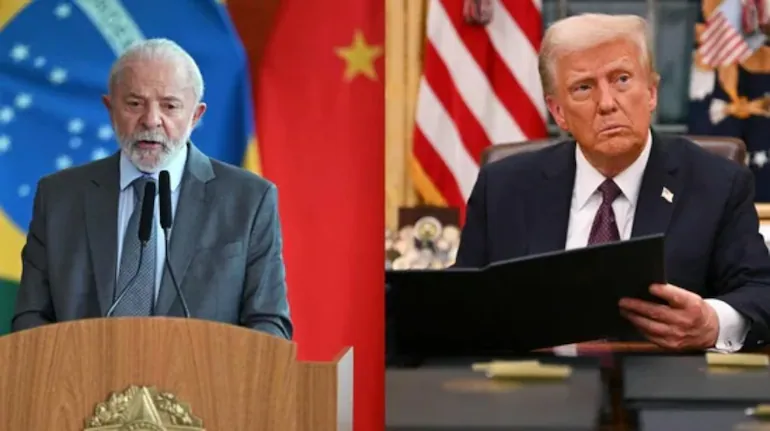

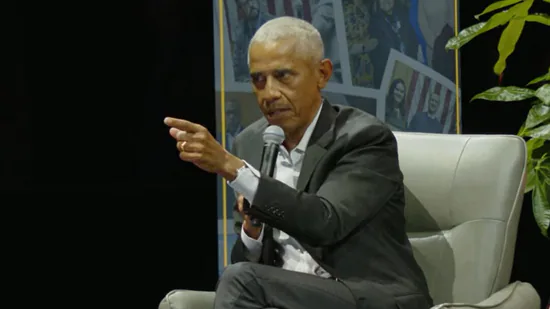


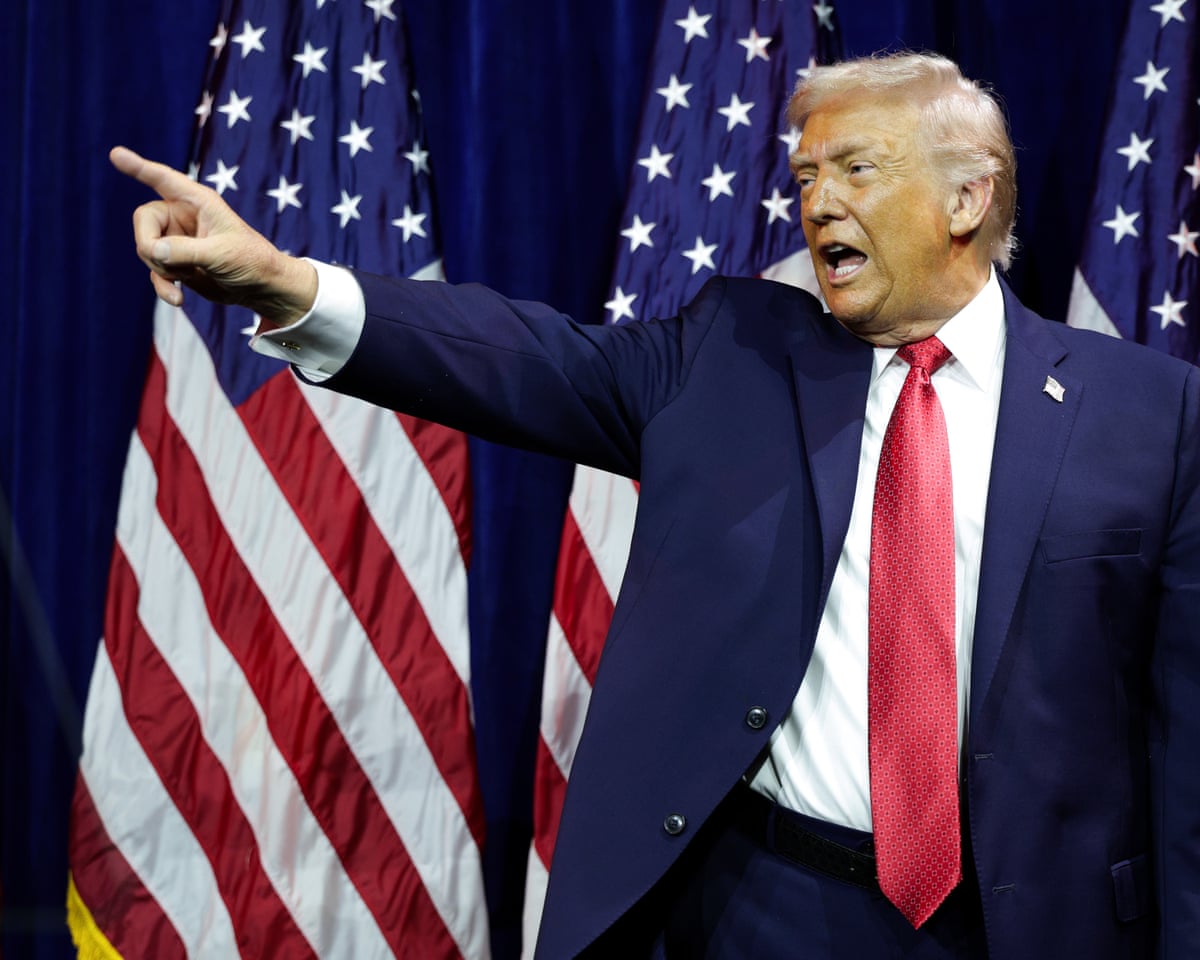
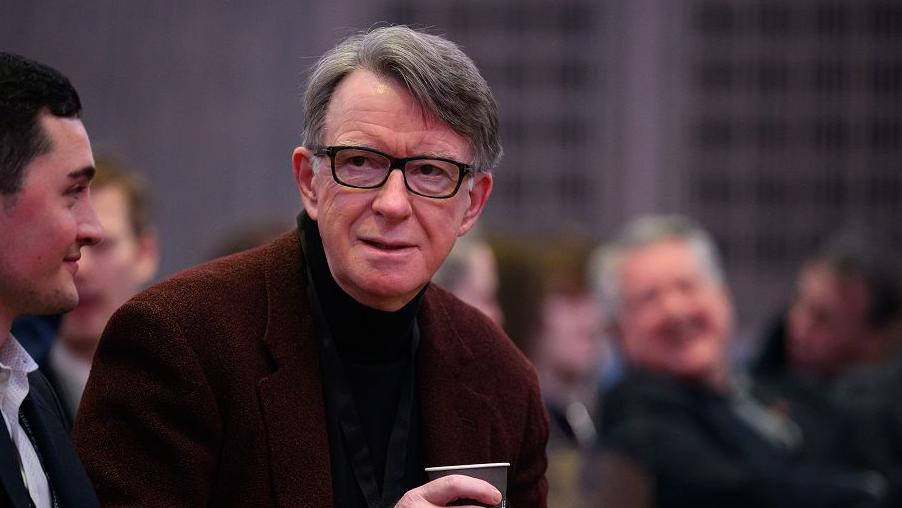
Leave a Reply